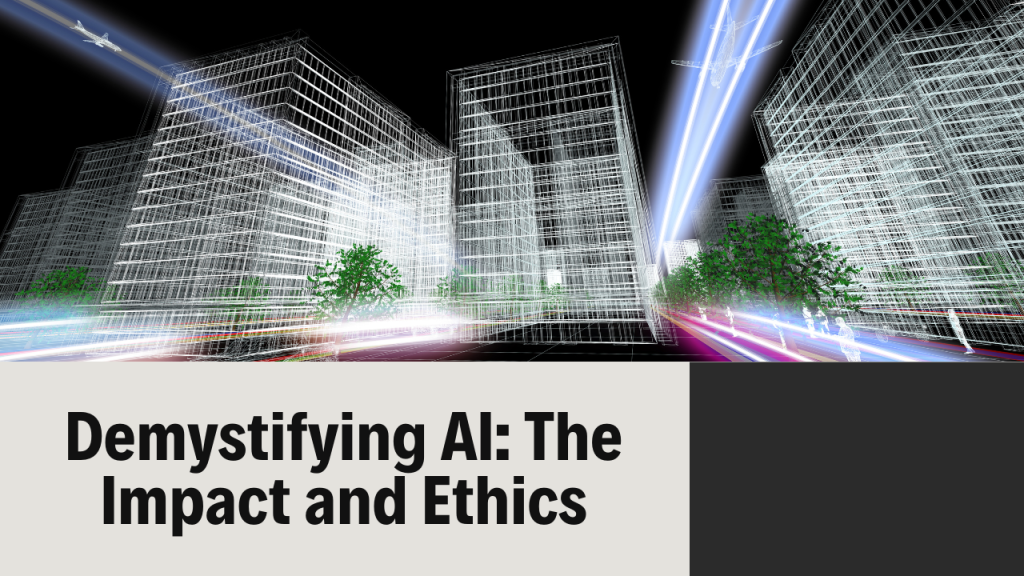Artificial intelligence (AI) has become an integral part of our daily lives, influencing everything from the way we work and communicate to the products and services we consume. While AI holds tremendous potential to revolutionize industries and solve complex problems, it also raises important ethical considerations that must be addressed.
One of the primary concerns surrounding AI is its impact on employment and the workforce. As AI-powered automation becomes increasingly prevalent, there is growing apprehension about job displacement and economic inequality. While AI has the potential to streamline processes and increase efficiency, it also has the potential to eliminate certain jobs altogether. As a result, there is a pressing need for policies and initiatives that promote workforce reskilling and job creation in AI-driven industries.
Another ethical consideration is the potential for AI to perpetuate bias and discrimination. Machine learning algorithms are only as unbiased as the data they are trained on, meaning that biased data can result in biased outcomes. This raises concerns about fairness and accountability in AI systems, particularly in areas like hiring, lending, and criminal justice. Addressing these issues requires careful attention to data collection and algorithm design, as well as transparency and oversight in AI development and deployment.
Privacy and data security are also major concerns in the age of AI. As AI systems become more sophisticated and data-driven, there is a risk of misuse and abuse of personal information. From facial recognition technology to predictive analytics, AI has the potential to infringe on individual privacy rights and undermine trust in institutions. To mitigate these risks, policymakers must enact robust data protection laws and regulations that safeguard consumer privacy and ensure responsible data use.
Ultimately, demystifying AI requires a multifaceted approach that considers both the potential benefits and risks of this transformative technology. By exploring the ethical considerations of AI and implementing measures to address them, we can harness the power of AI to drive positive change and create a more equitable and sustainable future.


